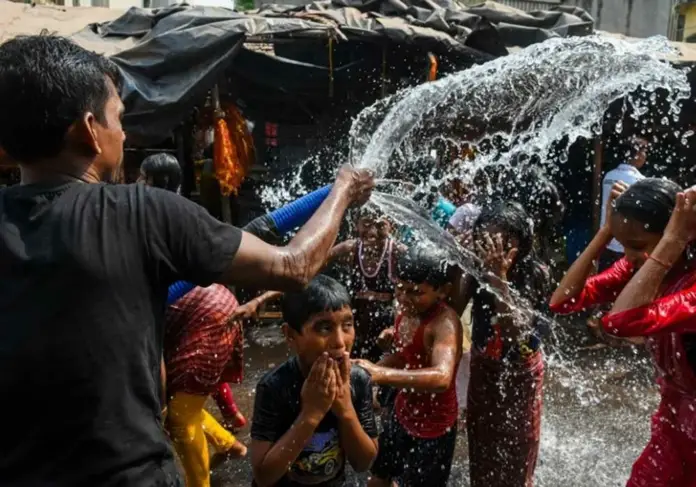A report released by UN and Red Cross has stated that heat waves would become so intense in the next decade that life in certain regions, including South Asia, would become unsustainable.
Office for the Coordination of Humanitarian Affairs (UNOCHA) United Nations International Committee of Red Cross
The report by UN Office for the Coordination of Humanitarian Affairs (OCHA) and the International Federation of Red Cross and Red Crescent Societies (IFRC) and Red Cross Red Crescent Climate Centre, has been released ahead of the Egypt summit next month.
The report stated that immediate actions are required to prevent potentially recurring heat disasters, and they listed measures that could reduce the worst effects of extreme heat.
As per the Red Cross joint report, extreme heat waves in regions like Pakistan and Somalia portray a future with more intense and more frequent heat-related emergencies.
“There are clear limits beyond which people exposed to extreme heat and humidity cannot survive,” it said.
The report also emphasizes the fact that the impacts of extreme heat are hugely unequal in both social and geographic terms and the people who suffer the most are the most marginalized and vulnerable ones in society. High temperatures put the elderly, children, and pregnant and breastfeeding women at greater risk of illness and death.
The report also warned that the impact of this would be “large-scale suffering and loss of life, population movements, and further entrenched inequality”.
UN humanitarian chief Martin Griffiths also stated that it is evident that third-world states that are least responsible for climate change are experiencing the catastrophic results of the phenomenon.
- The combined effects of aging, greenhouse effect, and urban growth would result in a significant rise in the number of vulnerable individuals in developing countries over the next few decades which will make like unsustainable in certain areas.







